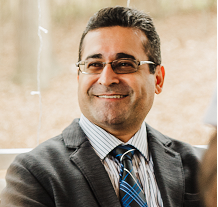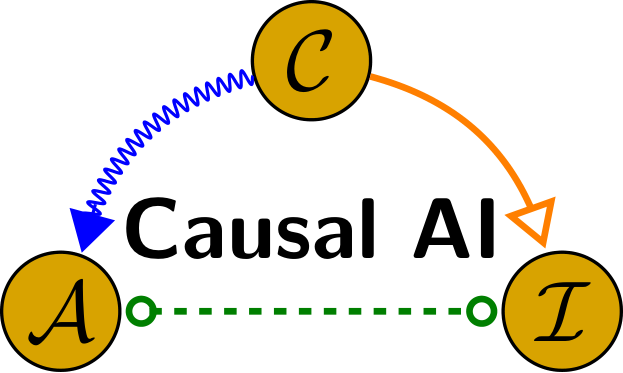Mohammad Ali Javidian

I study how to enhance computers` ability to understand cause and effect using both classical and quantum methods. My goal is to develop reliable and efficient artificial intelligence (AI) tools for decision-making under uncertainty, applicable in healthcare, software systems, and various other fields.

- Causal Bayesian Optimization: Initiated in Spring 2023, I am integrating causal reasoning into Bayesian optimization frameworks to improve the efficiency and reliability of optimization processes. By incorporating cause-and-effect relationships, this project aims to enable AI systems to make better decisions in environments where interventions can influence outcomes. Spanning domains such as biology, operations research, and communications, this innovative method merges principles from causal inference, uncertainty quantification, and sequential decision-making.
- Classical Causal Inference via Probabilistic Graphical Models: I am developing algorithms that utilize probabilistic graphical models for causal inference in classical settings. This work focuses on learning and representing causal structures from data to improve decision-making processes. Applications include enhancing diagnostic tools in healthcare and increasing the reliability of software systems by understanding underlying causal relationships.
- Quantum Causal Inference and Tensor Networks: I have been working on this project since September 2020 to develop novel algorithmic and theoretically principled methods for quantum entropic causal inference to understand causality relations between quantum particles using an entropic approach. In this project, I am collaborating very closely with Professors Zubin Jacob and Vaneet Aggarwal. This project, also, explores the intersection of quantum computing and causal inference by leveraging tensor networks. By extending causal analysis into the quantum domain, I aim to develop novel methods for understanding complex quantum systems, which could lead to breakthroughs in quantum algorithms and information processing.
- Causal structure learning and their applications in machine learning systems: I have been working on this project since Spring 2019 to propose novel algorithms for learning the structure of causal models in order to answer the following questions: How to use the causal structure of machine learning systems for identifying and estimating causal effects of configuration options on performance? How to apply transfer learning for performance analysis of machine learning systems by means of causal models? How to use causal inference tools for performance debugging and explainability in machine learning systems? In this project, I am collaborating very closely with Professors Pooyan Jamshidi and Marco Valtorta.
- Hypergraph-Based Causal Modeling: This project was led by Professors Linyuan Lu and Marco Valtorta. I worked on this project with Zhiyu Wang to develop a novel probabilistic graphical model, which we call "Hypergraph Bayesian Network," to encode conditional independences.
- Co-Arg: Causal Argumentation System with Crowd Elicitation. Agency: Intelligence Advanced Research Project Agency (IARPA); PI: Gheorghe Tecuci. I worked on this project under the supervision of Professor Marco Valtorta to exploit the Bayesian approach in order to improve evidence-based hypothesis analysis.